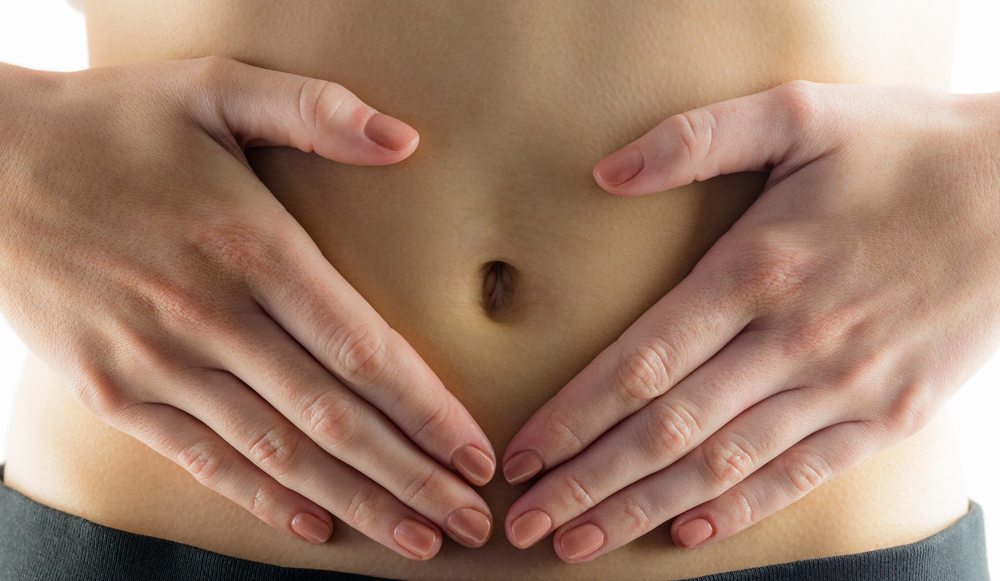
Restore Gut Health with Fiber, Enzymes, Prebiotics, and Probiotics
It is important to support and restore gut health. The human bovedy is a finely tuned machine that works systematically to sustain itself, and your gu health is at the foundation of that machine. The digestive system’s job is to ingest food and break it up into smaller pieces. It will then absorb the nutrients it needs before it excretes the rest as waste. This process of good digestion that takes 24 hours for a complete pass. For some, the digestion process is inefficient and painful, with much shorter or longer “transit times” and impaired breakdown and absorption of nutrients from food.
If your digestive system is off balance, you are likely not getting the nutrients you need and you can suffer from several physical problems, reports Medlineplus.com. You also can have psychological problems, since most of your serotonin is made in your gut. Fortunately, there are ways that you can restore your gut health, and get it all back on track.
With a few changes in diet and lifestyle, your digestion system will work better for you. For optimal benefits, try adding the Fabulous Four: fiber, digestive enzymes, probiotics, and prebiotics. Eating lots of plant-based foods in your diet takes full advantage of these dynamos for good digestion.
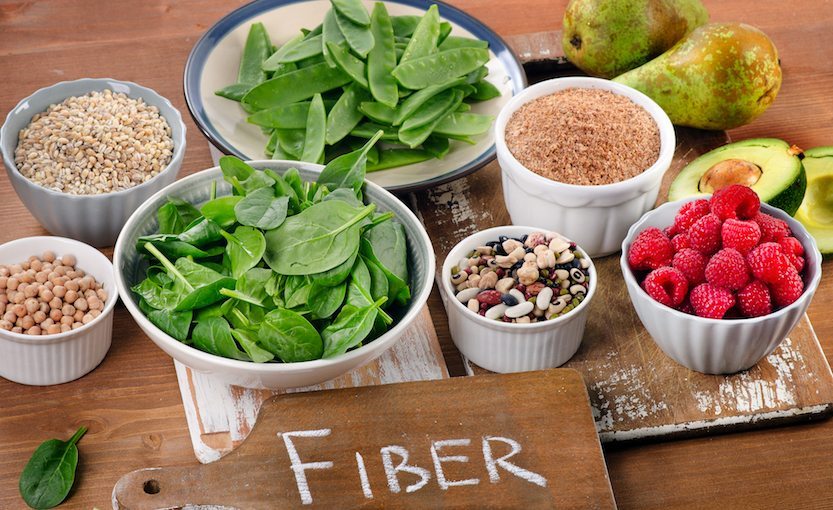
What Is Fiber And Why You Need It
You have probably heard health professionals say that you need to add more fiber to your diet. Fiber is the “roughage” left from the plants we consume. Since it cannot be digested, it helps clear the intestines and makes elimination easier. Think of fiber as a kind of bottle brush for your GI tract.
An article from WebMD explores dietary fiber in-depth. It quotes facts from the Institute of Medicine that men require 38 grams of fiber a day, while women need 25 grams. Most North Americans are not getting the recommended amount. That article goes on to say that the best way to get your daily fiber is to increase your intake of grains, vegetables, nuts, and fruit. A whole food diet would be helpful for your goal.
A lack of fiber can cause severe constipation and other digestive maladies, reports Livestrong.com. Consuming raw foods can give a great boost to your fiber intake. However, if raw foods are new to you, be careful of the portion sizes. If you keep them low at first, then increase moderate, you will not overwhelm your digestive enzymes.
Increasing your daily fiber gradually is the best way to do it. Indeed it is possible to take too much fiber in your system to quickly. If this is the case, you can get bloating, constipation, and even a bowel obstruction, warns another article from Livestrong.com. So use some common sense and moderation when taking steps toward good digestion.
Now we will move along to our next component of the Fabulous Four – enzymes!

Why I Fell in Love with Digestive Enzymes
When I started learning about all the toxins I was putting into my body through years of processed food, I was horrified. I started to ask myself, how can I help my organs to get rid of these toxins more effectively and restore gut health? How can I help my gut to repair itself so that I do not have bloating and gas for the rest of time? The answer was not far away. The answer in part, for me, was digestive enzymes– especially in the beginning of my gut health journey.
How Digestive Enzymes Work
Our organs produce a variety of enzymes that work throughout the body. Here we are focusing on digestive enzymes that work on different foods. These include specific enzymes for starches and carbohydrates, proteins, and fats. They are distinct from proteolytic enzymes which can be taken for other therapeutic reasons. Proteolytic enzymes are typically taken AWAY from food. Here, it is important that digestive enzymes are taken just prior to or with your food.
We can also access enzymes from external sources like raw fruits, vegetables, cold pressed oils and raw dairy. These are typically enzymes needed to help with the digestion of food. Yet when these foods are heated, the enzymes quickly denature and our organs are forced to carry the whole load, states MercuryNews.com. This is stressful to our bodies, and creates a lot of work, and does not bode well for good digestion. Humans have had access to a certain percentage of raw foods; but in the last 50 years, we have transitioned into a highly processed diet that includes many cooked foods, and reduced levels of digestive enzymes.
By incorporating digestive enzyme supplements and eating more raw foods, I quickly went from bloated and uncomfortable most of the time to energized and light. Giving my body exactly what it needed to break down and easily assimilate the food I was taking in made all the difference for good digestion. When your body has to pool all of its resources into breaking down the food you are eating, there is not much space left for anything else.
Digestive enzymes were a simple addition that helped me so much in the early repair stages. Now that I have my diet figured out, I do not supplement with them anymore (unless I am traveling). I think they are a great short-term solution to digestive issues. Just remember, a big raw salad a day keeps the doctor away.
Our journey will not take us to the third component of the Faboulous Four – probiotics.
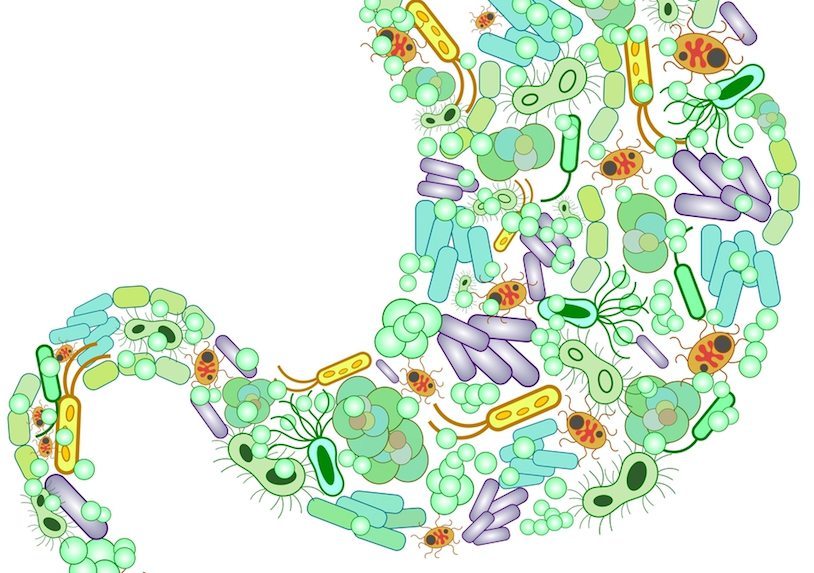
What Are Probiotics
Healthambition.com defines probiotics as bacteria that is good for us. We seemed to be in an anti-germ obsessed world. Not all bacteria are harmful germs. Actually, some of the anti-bacterial soaps we use also kill beneficial bacteria, says an online FDA report. Probiotics make up the microbial flora that makes efficient digestion possible.
This source also says that probiotics are necessary to break down fiber and to absorb nutrients. The more probiotic our food is, the better digestion we can have. An article from Harvard Health.com reports that Europeans have touted the benefits of probiotic foods for years. Probiotics not only help with digestion, but they also keep harmful gut bacteria in check. Although Americans seem slower to accept the whole food solution, this article reports that our interest in probiotic supplements is on the rise.
You know I am a fan of taking probiotics, particularly when your gut is healing. There has been so much talk of probiotics in the media lately. You can find a plethora of positive studies on how these microbes can benefit your health. It is amazing how much research has been done on the subject. I thought I would share a short story about how probiotics helped one of my client’s family with good digestion and many other aspects of health.
My client’s family has benefited immensely since they started taking high-quality probiotic supplements. The benefits they have experienced have gone way beyond just digestive health. They’ve been helped by probiotics in a multitude of ways.
One of the biggest changes for my friend (the wife) has been with her hormones. Probiotics have significantly helped to improve her mood and stabilize the ups and downs. Good digestion also helped her skin from breaking out all the time and her serotonin levels feel much more stable now. Her partner has always suffered from digestive issues and chronic stomach aches. After taking probiotics for a while, he started to have fewer complaints about a sore tummy after a meal.
For her children, probiotics have changed their ability to focus. They are much calmer and better able to maintain concentration. What most people do not know is that there is a strong link between brain health and gut health. If kids have to take antibiotics, we make sure to load them up with extra probiotics to balance it out and protect their precious brains.
We do not always have to take a supplement for probiotics. Fermented foods, when eaten daily are just as powerful. However, kids are not always keen on sauerkraut and kefir; so it is good to get them to take a probiotic daily. One of my favorite probiotics is called Primal Defense – they have a children’s version which is also great too.
Incorporating fermented foods and probiotics really changed many lives for the better. Who would have thought the invisible world could have such a drastic positive effect!

Now let’s move on to another aspect of supplementation for great gut health and the last element of the Fabulous Four – PREbiotics!
What Are Prebiotics, Insoluble, and Soluble Fiber?
Prebiotics are indigestible plant matter that our gut bacteria feed off, so basically, a type of soluble fiber like you would find in many vegetables. They stimulate the growth and maintenance of our inner microbial world allowing us to restore gut health. The most popular source of prebiotics in supplements are raw chicory root and Jerusalem artichoke– but food sources for prebiotics go far beyond these foods alone. Now let’s look at the kinds of fiber – soluble and insoluble.
Insoluble fiber is not a food source for our gut bacteria. It is impossible to digest by humans and bacteria alike. It acts more like a scrub brush in our intestines. Soluble fiber is the prebiotic food source that our microflora just love. Inulin is the most effective form of soluble fiber, but there are other naturally occurring forms of prebiotics in everything from root vegetables and tubers to breast milk!
Prebiotics are basically food for probiotics. They support good digestion to make sure that the healthy bacteria in your gut are well-fed and maintained. Many health coaches and nutritionists recommend supplementing with prebiotics for optimal gut flora. But before you do that, it is helpful to know what it really is and how you can get plentiful amounts of prebiotics through diet alone.
Most experts estimate about 5 grams of prebiotics per day is what most people need. You can obtain this much soluble fiber by eating a few of the foods listed here daily.
Best Food Sources of Prebiotics
- Dandelion greens
- Raw asparagus
- Onions
- Raw garlic
- Banana
- Chicory root
- Jerusalem artichoke
- Raw jicama
As long as you are consuming plenty of fruits and vegetables on a daily basis, you really should not worry about supplementing with prebiotics long term. However, when you are actively working to heal your gut and promote good digestion, those beneficial bacteria (prebiotic supplements) can be useful.

Other Benefits of Prebiotics
Prebiotics do more than just support the growth of probiotics and restore gut health. They’re also amazing for a variety of other conditions:
- Boost the immune system
- Help with weight loss
- Blood sugar maintenance
- Good for bone health
- Support a healthy brain and balanced mood
A Few More Comments About Digestion and Gut Health
You might also benefit from food combining to further support good digestion. Different foods digest via different mechanisms. Fruit is rapidly digested in the small intestine so allowing it to easily get there helps it along its way. If you want to enjoy fruit, eat it alone BEFORE you eat other food (at least 20 minutes – particularly if you eat melons). By contrast, carbohydrate (starch) digestion begins with enzymes in the mouth while digestion of protein happens via enzymes in the stomach. Avoid eating heavy proteins with your starches given these differences in modes of digestion. Feel free to combine veggies with anything—especially the dark green ones – as they do not impair digestion at all. Finally, take care not to dilute your enzymes with too much liquid at meals. It is best to drink BETWEEN meals – rather than at meals.
It is never too late to restore gut health and change your lifestyle for the better. Add more plant-based foods that are rich in whole food nutrition. The closer you get to nature, the more of the Fabulous Four you will get for good digestion. You will be pleasantly surprised at the physical and mental benefits that you will see. Your whole family can be healthier when you introduce some of these amazing foods!
Learn more about gut health by taking a look at your daily intake of foods: Grains and Gluten – How is Your Gut?

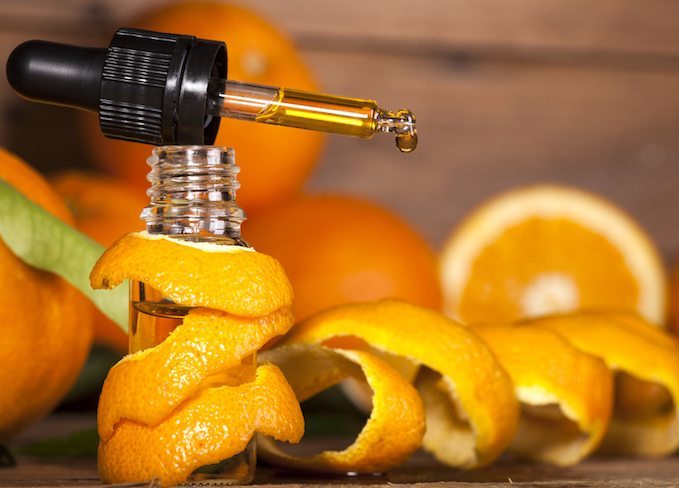
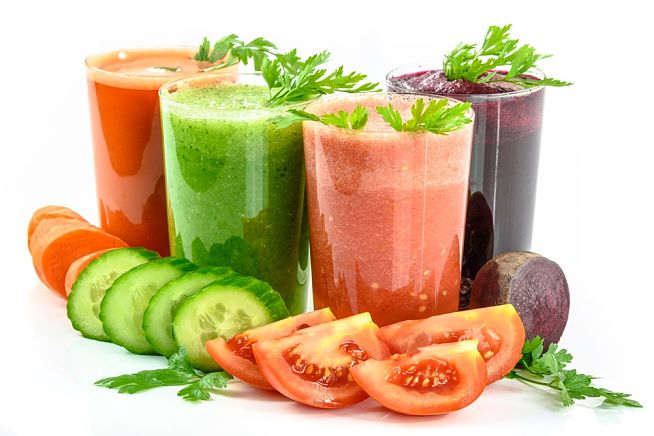
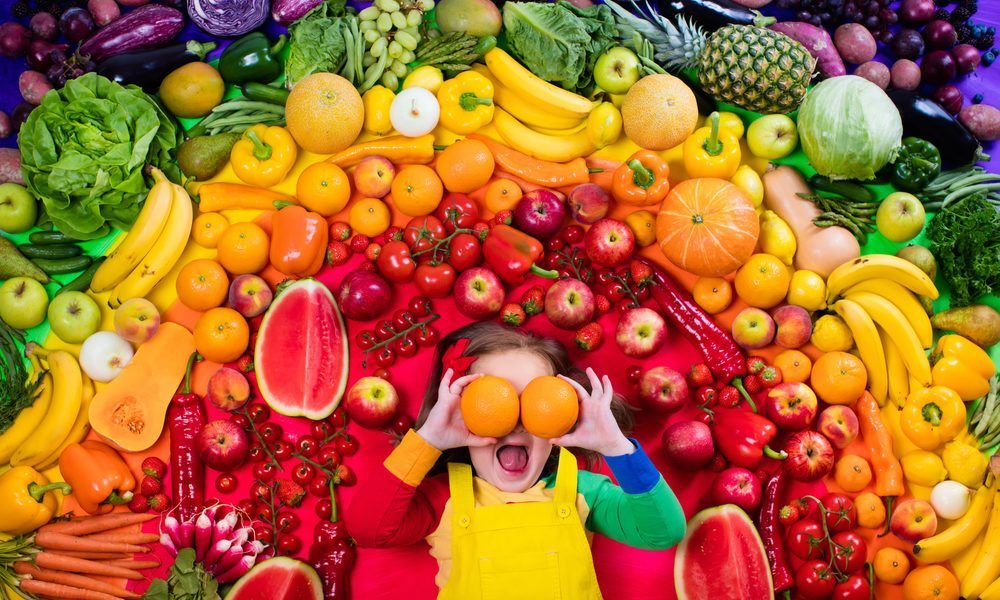
Add A Comment